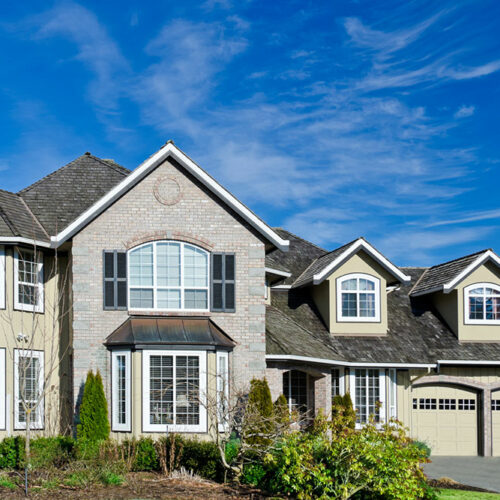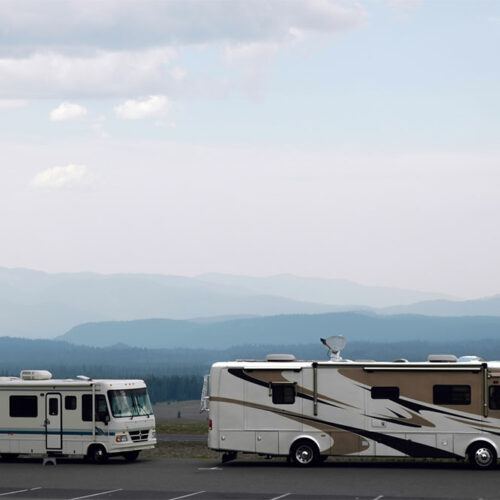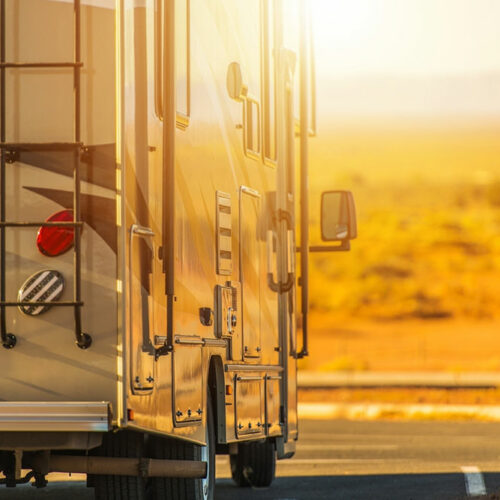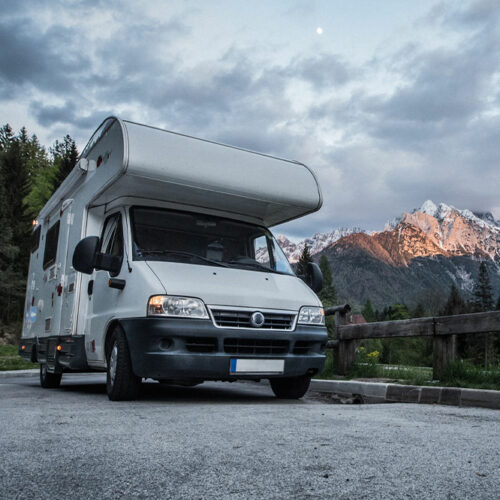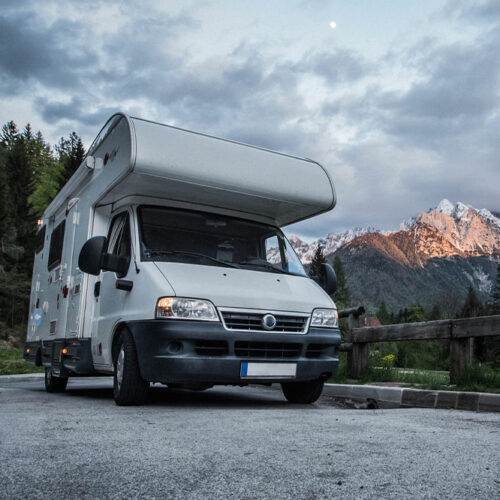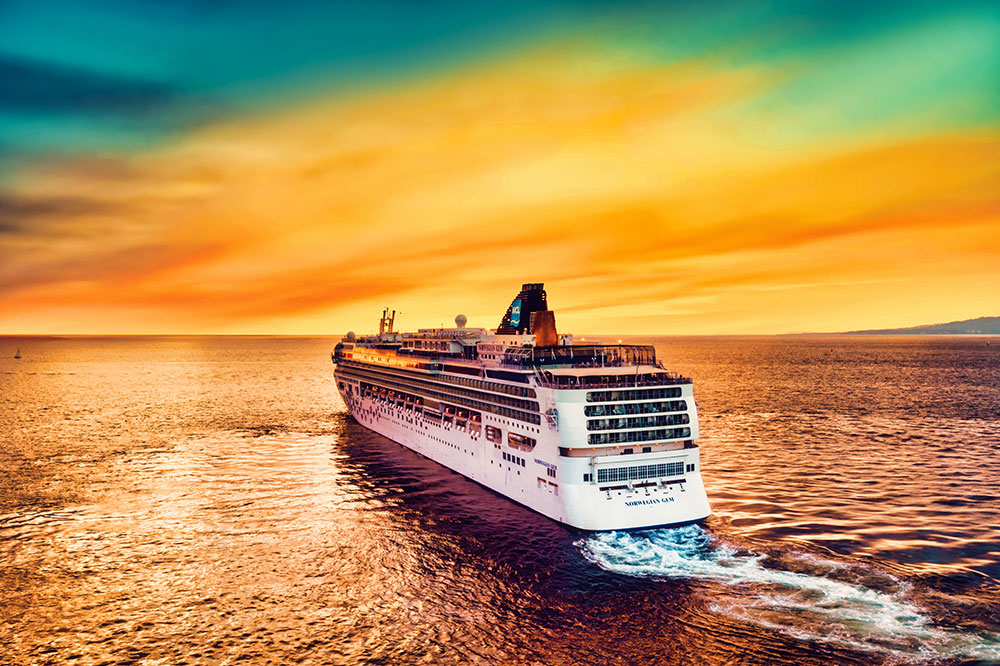Guide to buying campers and RVs
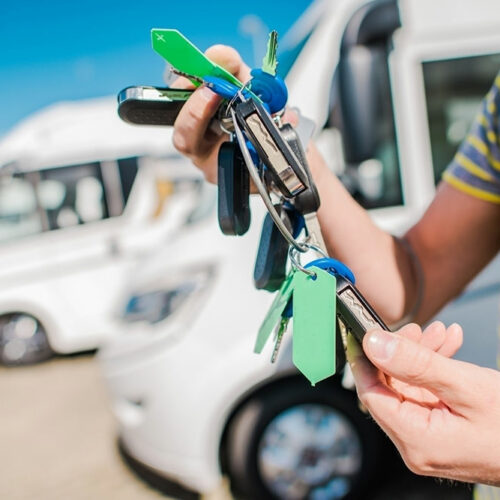
An RV, or recreational vehicle, is designed to provide a mobile home-like experience during travel. It includes sleeping quarters, a kitchen, and a bathroom. On the other hand, a camper is a pull-type RV that is typically smaller and often towed by another vehicle, like an SUV. Whether for a full RV or a compact camper, this purchase can be a great way to explore various destinations with freedom and flexibility. 1. Difference between RVs and campers Here are a few key differences between RVs and campers: Unit Campers are often towed by a separate vehicle, while RV has a motorized unit. Size Campers are generally smaller and more compact than RVs. RVs come in various sizes, from compact camper vans to large, luxurious motorhomes. Amenities Campers are equipped with more basic amenities, ideal for smaller groups, while RVs offer more extensive amenities and integrated living space, ideal for longer travels. Versatility Campers are versatile and can be detached from the towing vehicle. On the other hand, occupants in RVs can move freely from the driving area to the living quarters without exiting the vehicle. Types of RVs and campers RVs come in three main types: Class A, B, and C motorhomes.
